APPC visiting scholar Dietram A. Scheufele will deliver the opening keynote address, on communicating science in a polarized environment, at the North American Congress for Conservation Biology in Madison, Wis.
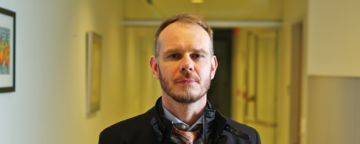

APPC visiting scholar Dietram A. Scheufele will deliver the opening keynote address, on communicating science in a polarized environment, at the North American Congress for Conservation Biology in Madison, Wis.
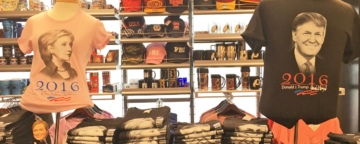
Kathleen Hall Jamieson spoke at the prestigious Westminster Town Hall Forum in Minneapolis about the presidential campaign. Minnesota Public Radio, which broadcast the forum, also interviewed Jamieson about political advertising.
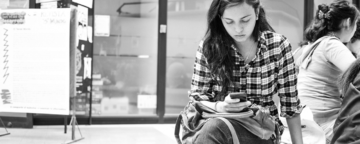
The journal Media and Communication has published a special issue on "Adolescents in the Digital Age: Effects on Health and Development," edited by APPC research director Dan Romer.

On June 21, pollster Peter Hart will conduct a focus group for the policy center of blue-collar and economically struggling workers in Pittsburgh, to get their opinions on the 2016 presidential race.

What do citizens want from their member of Congress? The answer, a new study finds, is partisan representation on national issues, which is more highly valued today than constituency service or bringing in federal money to a congressional district.

As some athletes say that they are pulling out of the summer Olympic Games in Brazil because of concerns about Zika virus, most Americans favor the idea that the Games should be cancelled, postponed or moved to another country.
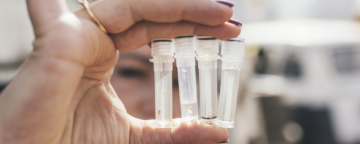
In the survey of U.S. adults, 63% of respondents agree that the president should be able to use a public health emergency fund to respond to an epidemic without waiting for Congress.
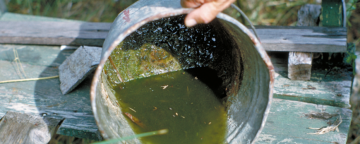
Just 1 in 5 people say that they have taken steps in the past three months to protect themselves from getting Zika virus, according to a new survey from the Annenberg Public Policy Center.

The National Institute on Drug Abuse has highlighted research on teens and substance abuse by Annenberg Public Policy Center's distinguished research fellow Atika Khurana and its research director, Dan Romer.